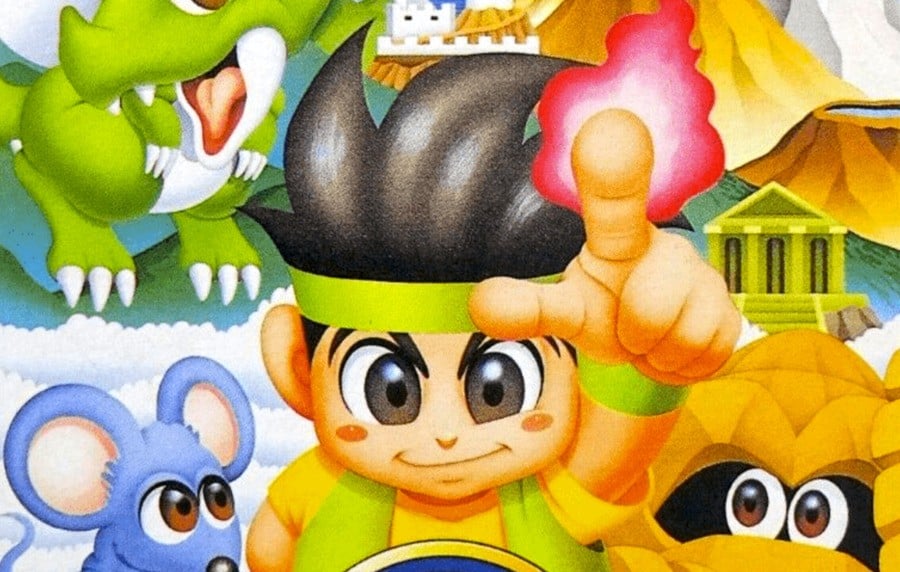
Limited Run Games recently celebrated its 10th anniversary, and one of the big surprises from its birthday was the announcement that NES title Little Samson would be getting a new release.
Those in the know will be aware that this is one of the rarest games on Nintendo's console, with copies changing hands for over $2,000.
Back in 2022, Limited Run boss Josh Fairhurst was asked about this particular game by Nintendo Life, and admitted that it was unknown who actually owned the rights to it (the game was developed by the now-defunct Takeru and published by Taito).
The trailer for the game contains the following small print, spotted by Nintendo Life reader JJtheTexan:
"Seiri Densetsu Lickle (Little Samson) was developed in accordance with Article 67-2, Paragraph 1 of the Japan Copyright Act... Production and sale has been authorized by the Japan Arbitration System for products of unknown copyright holders."
Keen to learn more, we reached out to Fairhurst, who explained the process.
Much of the heavy lifting was done by LRG's Japanese business development lead, Alexander Aniel, and an agent in Japan, and, according to Fairhurst, it's not without precedent:
"Japan has a process by which the Agency of Cultural Affairs can license and authorize the distribution of works with unclear ownership. We learned about this through our partners at Tatsujin, who introduced us to the agent that worked with us on this project. We had already put in extensive groundwork to try and uncover who held the copyright to Little Samson - we had talked to the original publishers, several former Takeru staff members, and even some children of former Takeru executives.
It was determined that no one could definitively claim ownership to the extent that they could license the game to us. Knowing this, we started the process with the Agency of Cultural Affairs to get a license through them. In this arrangement, the Agency of Cultural Affairs takes a standard licensing royalty from us and holds that money in the event that a clear owner comes forward.
A few other game companies have used this process to access dormant or lost licenses, notably exA-Arcadia, who recently used it to preserve and rescue Tattoo Assassins, an incredibly notable canceled Data East fighting game that was written by Bob Gale (writer of Back to the Future)."
Fairhurst admits that the amount of work required to get to this point is "fairly daunting" and the process is "not necessarily an easy path toward licensing everything", but he says he wishes a similar procedure were available in the West. "I very frequently encounter situations like this with Western retro games, and I'm simply left with no path to move forward on them."
As for why LRG decided to register trademarks for both "Little Samson" and its Japanese name, "Lickle", Fairhurst says this is to ensure the company has the rights to use both names:
"For clarity, this is not us claiming ownership of the IP. This was done solely to ensure we had clear rights to use these titles.
We previously encountered an issue on Tomba where a German game company had registered the trademark for "Tomba!" without any authentic claim to the title or association with series creator Fujiwara-san. This company sent us a legal threat and a cease and desist regarding our usage of the title "Tomba!" (which we had fully licensed from Whoopee Camp and Fujiwara-san). We did not want to deal with that situation again, so we registered our own trademarks here to ensure our full ability to use the titles legally.
There is a growing problem in retro games where individuals and companies are registering trademarks for IP they do not own to effectively steal that IP from their creators - this happened to Imagineer with the Western trademark for Medabots, and it's more common than anyone would think. It's important to be proactive about things like this to ensure trademarks remain in the hands of people who have taken the proper legal steps to use those IPs with their creators or through other means."







